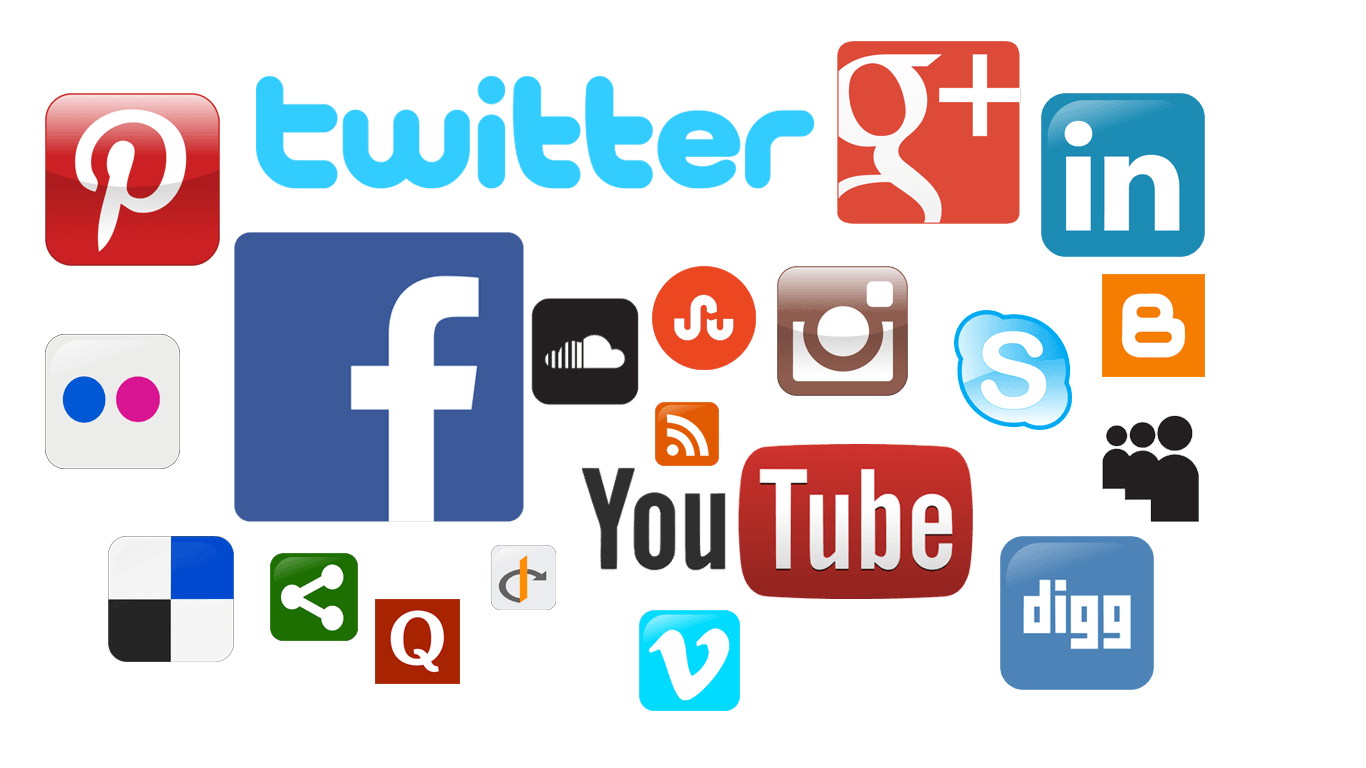Any good marketer knows to keep an eye on the future to stay ahead of the curve on new trends, emerging marketing channels, and other fresh ideas to deliver brand messages. With 2016 in the rear-view mirror and 2017 flying down the pipeline, now is the time to start examining what the New Year is going to mean for marketing.
Here are six marketing growth strategies to help your small business succeed in 2017.
Marketing Growth Strategies for Small Businesses

1. Mobile-Centric is the Name of the Game
Over the past couple years, we’ve seen mobile overtake desktop in usage and search. As a result, there was a big push in 2016 for small businesses to ensure that their web pages were optimized for mobile browsing. This mobile friendly attitude was the first step towards being mobile-centric, but that journey is not over.
Mobile-centric involves a lot of technologies and platforms, some of which are still emerging and only now being utilized for small business marketing purposes. The following are all mobile technologies that a small business should begin implementing into their content-based strategies.
Mobile Apps: If you do anything mobile-related in 2017, then get a mobile app. Small businesses have been slow to build apps for their brands because of the high price point of mobile development. However, there are now a lot of inexpensive, yet effective, options that can allow your company to propel itself into the mobile-centric world of 2017.
Mobile Payment Services: Consumers are increasingly adopting mobile pay services like Apple Pay and Google Wallet. They want to be able to pay with a simple tap on their mobile device, whether they are in your store or shopping online. From a marketing standpoint, you not only want to offer this service (or risk missing out on possible revenue), but also advertise that it is a viable payment option.
Mobile Only Apps: Many of the top downloaded apps are what are known as mobile only apps, meaning they aren’t available on desktop computers like Facebook and Twitter. Apps like Periscope, Instagram, Snapchat and others are rapidly growing in popularity. They present an exciting and new channels for small and large businesses alike to market themselves on. 2017 will undoubtedly offer more of these mobile-only apps, so keep an eye out.

2. Email Marketing
Email marketing is by no means a new trend, but it makes the list because of the severely misguided viewpoint that it is an “old school” tactic and no longer relevant. The data shows the exact opposite; email marketing is one of the most ROI-positive strategies out there.
The people that make the false claim that email marketing isn’t effective are the ones that aren’t using it correctly. This tactic is all about providing audiences with relevant, valuable and helpful information (think DIY guides, links to blog content, industry news, etc.). It is not designed for jamming sales pitches down consumers’ throats.

3. Data Informed Decision Making
A lot of people refer to this trend as a push to become data-driven. But, there is a lot wrong with that concept. It suggests that companies should plop their big data / analytics tools at the helm of the ship and let it steer all of the decisions. Most organizations, especially small ones, lack the high-end, sophisticated big data tools and existing data culture that make a real data-driven approach possible.
Even with these tools, the risks are very high. Data doesn’t always know best. Companies should be pairing their data-born insights with the existing knowledge and opinions of their team members. This approach yields the safety and best results that doesn’t require you to overhaul your IT department.

4. Video Content
It is easy to understand why consumers prefer to receive content-based marketing messages over ad-based ones. Advertisements are often interruptive while marketing through content is informational, entertaining and engaging. When you consider that approximately 60 percent of consumers prefer to watch content, instead of reading it, then the power of video marketing becomes immediately apparent. Video content will continue to build momentum and audiences will be looking for it more in 2017.

5. Expert Blogging
Your small business may already have blog content that is regularly published, but how good is that content? Blog content for marketing became a popular means to get noticed on search engines thanks to SEO practices. In this quest to be seen, a lot of organizations became more concerned with their SEO than the actual quality of their content.
Now, audiences are starting to take notice that there is a difference between valuable blog content and not so important writing. If your content isn’t informative and exciting to read, people aren’t going to stick around. 2017 is poised to be the year that brands invest in bringing their digital writing to the next level, which may mean hiring an “industry expert” to create higher caliber blogs.

6. Better Social Media Practices
This trend is in the same realm as blogging in that it is something that almost everyone is doing, but very few are doing well. Specifically, they aren’t getting the most out of their social media data. Even if you are creating high-quality content and regularly responding to comments, questions and complaints, you may be missing out on a lot of valuable information.
Social media platforms are a significant contributor to big data because there are a lot of engagements on these services. Customers are practically handing you a road map to running your business more efficiently and providing a better customer experience. Thus, you should be actively listening and collecting social media based data.
Conclusions
There’s a reason that the biggest section is about becoming mobile-centric. That’s the premier trend for 2017; everything that comes after mobile is just icing on the small business marketing cake. Not to mention that many of the following patterns are hugely affected by mobile (think about how often you check your email, watch videos and check social media on your phone). When it comes to providing value to consumers and retaining them as long-term, brand loyal customers, it all starts with how mobile-centric your small business is.
Source: Small Biz Trends
